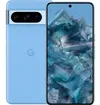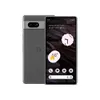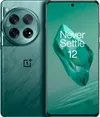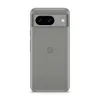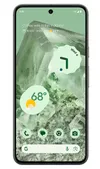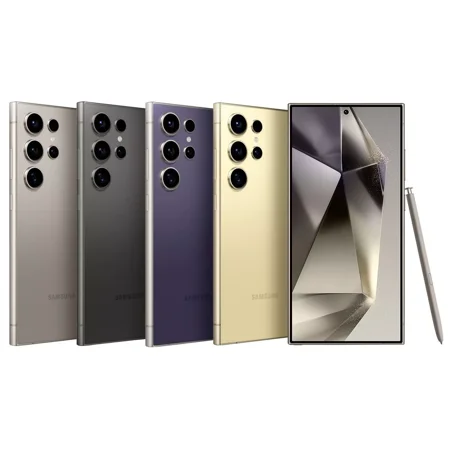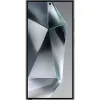3 ways Samsung's mixed reality headset could beat Apple Vision Pro
Samsung has formed a team to compete with Apple
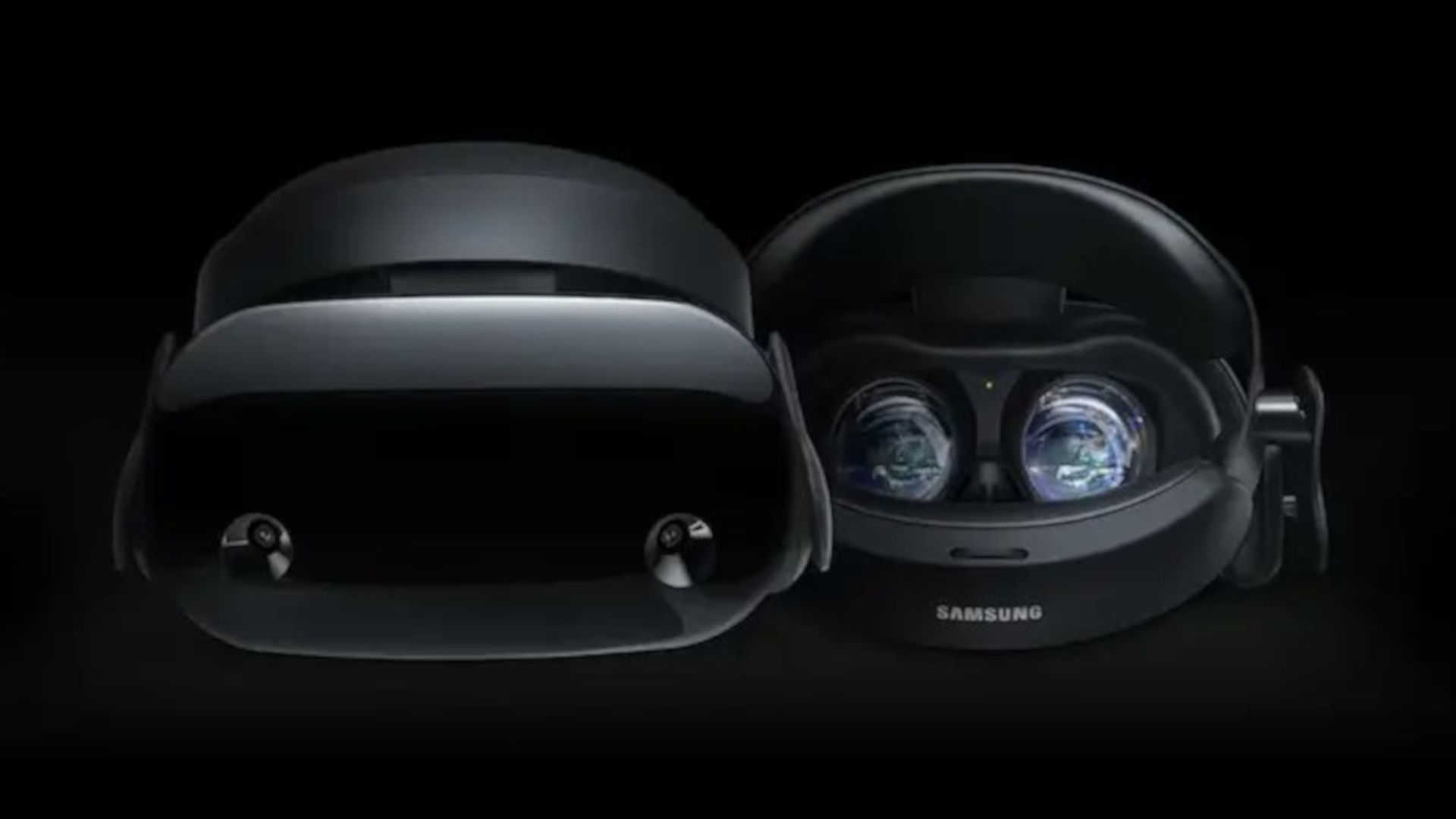
The release of the Apple Vision Pro has been one of the biggest tech releases of the last few years in terms of buzz. Despite its high cost, Apple’s mixed reality headset has opened a lot of eyes in terms of what's possible with spatial computing. One of the big questions is what Samsung will do now.
Samsung is working with Google and Qualcomm to produce and release its own XR headset. There have been several names thrown about for the new device, but the most common one is "Infinite." There isn’t much solid information, but there are a few indications of what it might include and how it can compete with — if not beat — the Vision Pro.
A new chip and better hardware
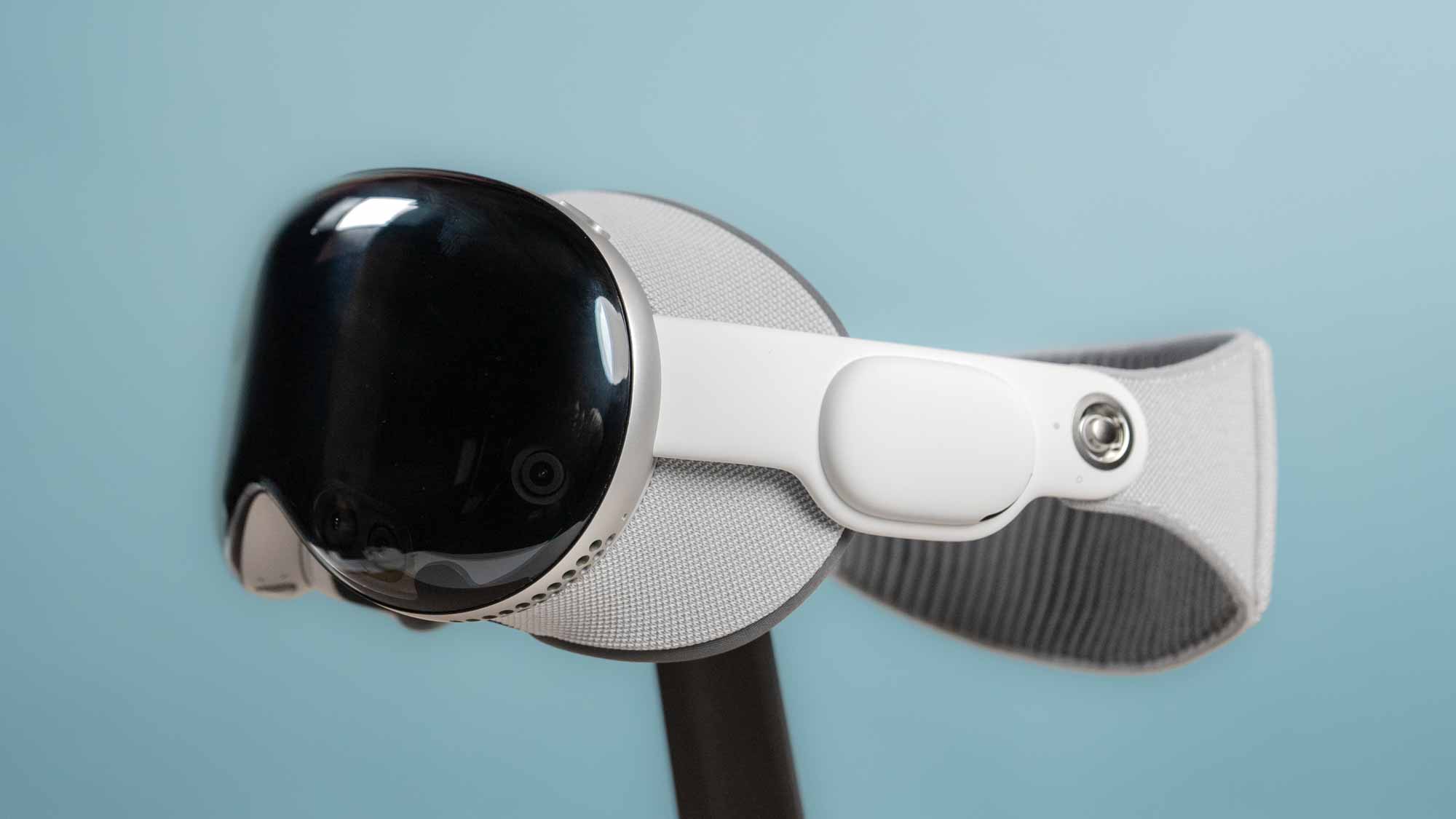
Qualcomm has developed a new chip specifically tailored for XR experiences, the Snapdragon XR2+ Gen 2. According to reports, this chip will be used by Samsung and Google in their future headsets. The Snapdragon XR2+ Gen 2 supports 4.3K resolution for each eye with up to 90 frames per second resolution.
The XR2+ Gen 2 will, supposedly, offer 15% greater GPU performance and a 20% higher CPU max frequency compared to the prior Snapdragon XR2 Gen 2. From everything we have seen, this is a powerful chip and could potentially be a strong match against the Vision Pro's dual M2 and R1 chips.
So far there are also indications and patents being filed for Samsung's other hardware changes. One is the trademark for a type of panel called “Flex Magic." These panels are the key to helping prevent dizziness and visual disparities during an XR experience. Samsung has also started work on two different types of ISOCELL Vizion time of flight (ToF) microsensors. The ISCOCELL 63D uses electromagnetic waves to measure an object and visualize it in 3D.
Improved battery can keep the headset running longer
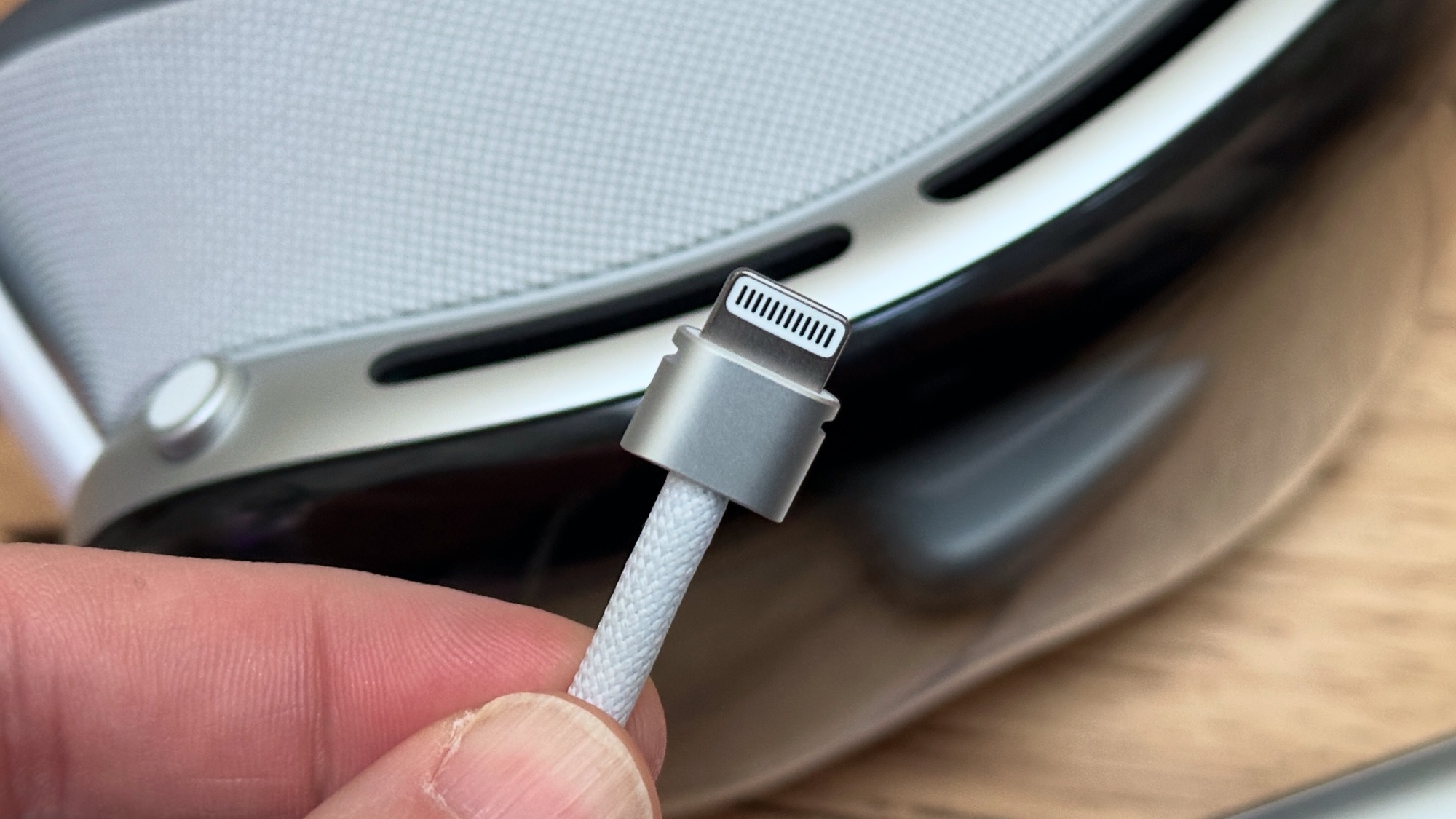
All the tech in the world won't help if the headset won't stay powered on. One of the complaints that we have regarding the Vision Pro is the relatively short battery life, which we found to last around 2 to 2.5 hours. As such, one of the better ways for the Samsung Infinite to compete is to offer longer battery life. The new Snapdragon chip has the potential to be more efficient than Apple's dual-chip solution, especially considering the brand's history.
We have seen how Qualcomm's Snapdragon chips can pull the best battery life out of tech. For instance, when it comes to phones, the OnePlus 12, Galaxy S24 Ultra and Galaxy S24 Plus powered by a Snapdragon 8 Gen 3 chip all lasted over 16 hours — making it to our best phone battery life list. So while the Infinite may not be quite as powerful, the new chip promises nearly equal graphics and, hopefully, abetter battery life overall.
Possibly cheaper by a considerable margin
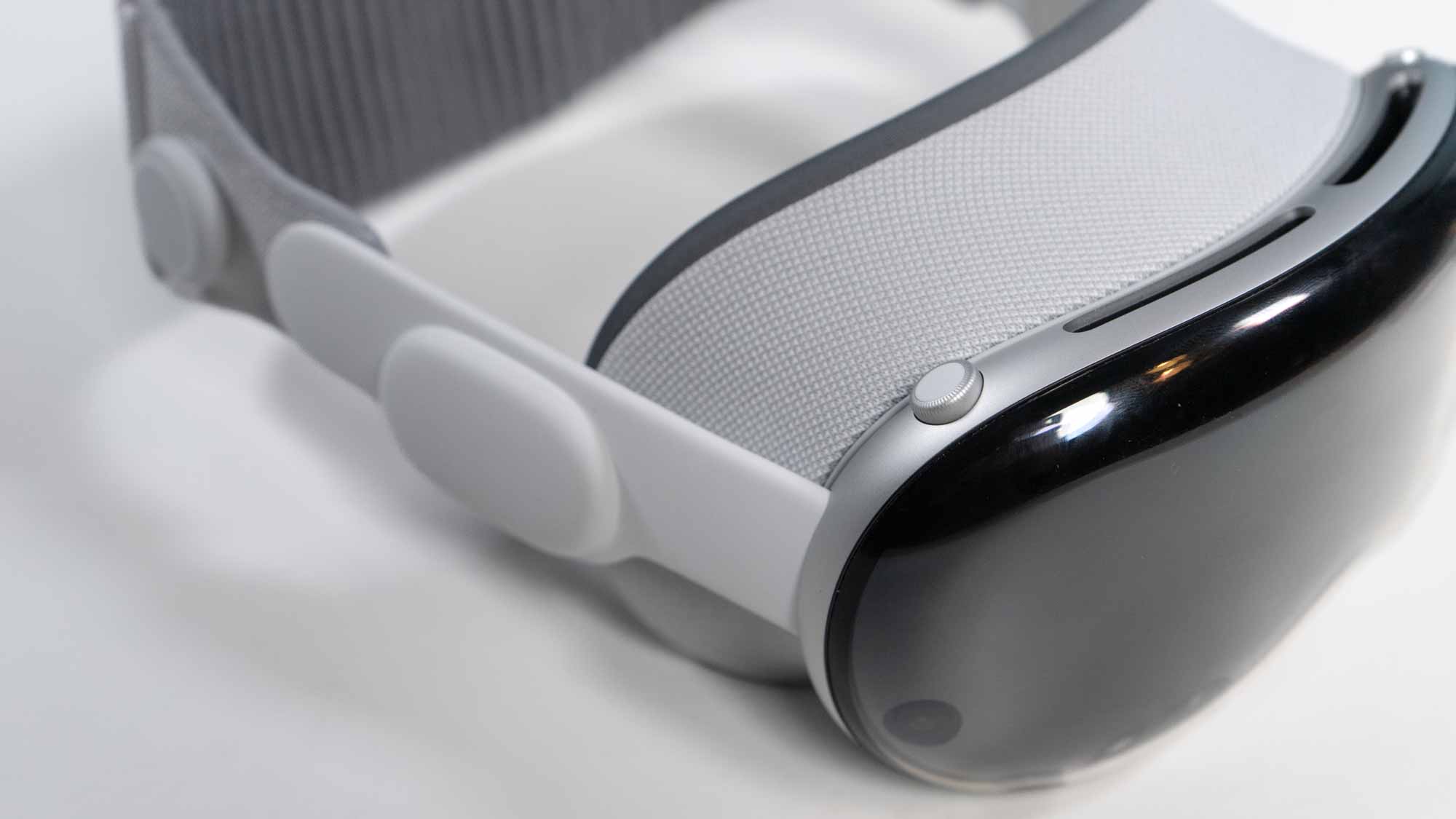
One of the biggest complaints about the Vision Pro is the cost of the device. While the Vision Pro is listed at $3,500, our review noted that you would end up spending far more than that for the best experience. This price is possibly the best area for any competitor to counter Apple on, and there are rumors that the Samsung Infinite may be aiming to cut the cost by at least $2,500.
There have been several statements about the potential cost of the Samsung Infinite, and one of the most notable comes from a post on X by Antony who states Samsung is aiming for the $1,000 mark for the headset. However, this would price the Infinite less than the Galaxy S24 Ultra so there is some doubt about that. It would likely mean that Samsung was either selling the device at a loss or was aiming to cut back in other areas.
Samsung is apparently targeting the $1000 price range with the upcoming "Flex Magic" XR headsetIt's expected to be powered by the new Snapdragon XR2+ Gen 2 pic.twitter.com/HSnW5JA1nGJanuary 8, 2024
It should be noted that, at this point, price predictions are mostly conjecture and should always be taken with a grain of salt. However, the price for the Samsung Infinite will likely be cheaper than the Vision Pro, and if it is then it could go a long way towards drawing in customers.
Challenges to overcome
The Samsung Infinite (if it winds up being called that) has the potential to overtake the Vision Pro, but there are a few places where it could trip up. This includes the eye-tracking, the OS and developer support versus Apple. However, the partnership between Samsung, Google and Qualcomm comes with a fair amount of experience building hardware and software that has competed well with Apple before.
The inclusion of the new Snapdragon chip and other hardware, compared with the chance for better battery life and potentially a cheaper cost is all a great start. However, we will only know for sure when the device is released. While we have no clear idea when that will be, we expect it to at least be announced later this year.
Apple is no doubt setting the bar high, and with so much development and support around it, Samsung's effort with Google needs to be a compelling one if it stands any chance. Pricing, performance and experience will dictate if it's enough, but let's hope Samsung's time is wisely spent with its partners on getting it right the first time.
More from Tom's Guide
- I tested the Galaxy S24 Ultra’s display to see if it’s defective — here’s what I found
- The future of mobile gaming folds – and HONOR is at the forefront
- This Galaxy S24 AI camera feature gets rid of reflections in photos — here's how to use it
Sign up to get the BEST of Tom's Guide direct to your inbox.
Get instant access to breaking news, the hottest reviews, great deals and helpful tips.

Josh is a staff writer for Tom's Guide and is based in the UK. He has worked for several publications but now works primarily on mobile phones. Outside of phones, he has a passion for video games, novels, and Warhammer.
